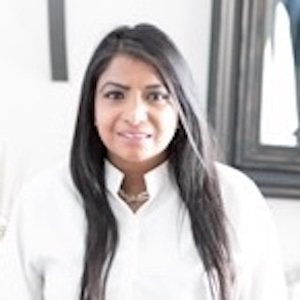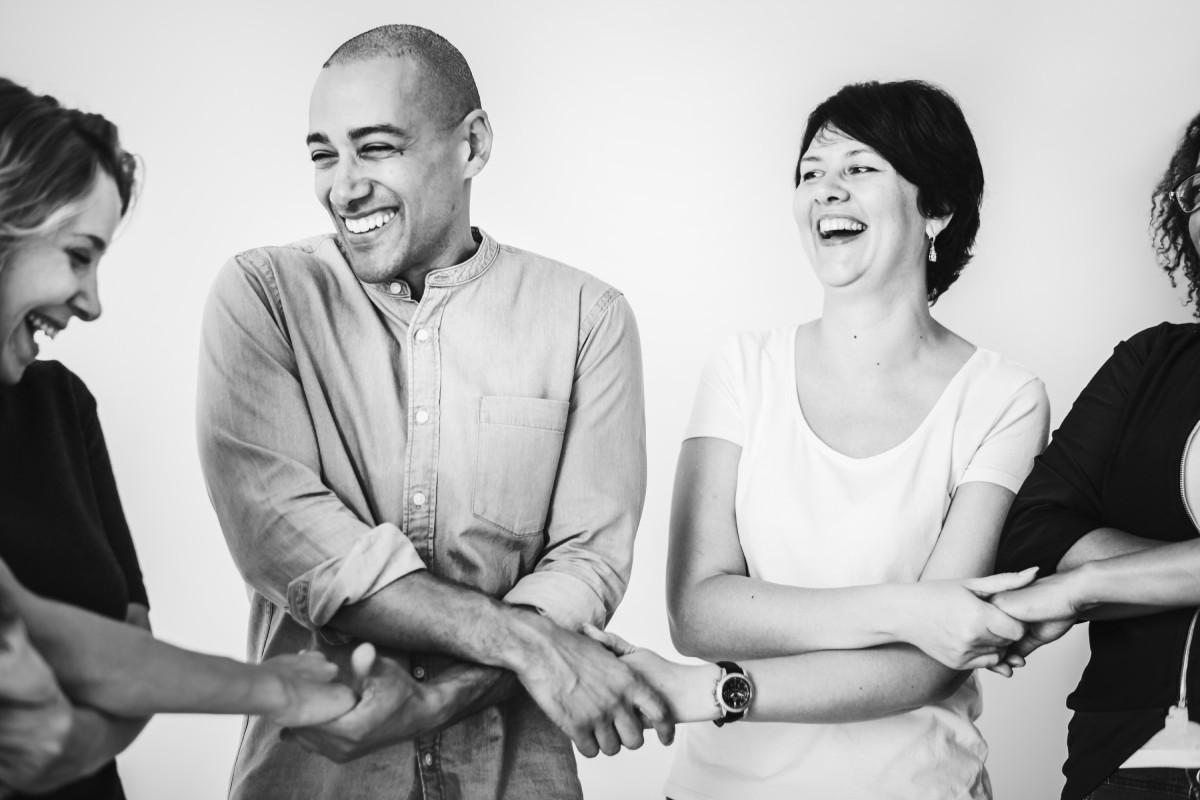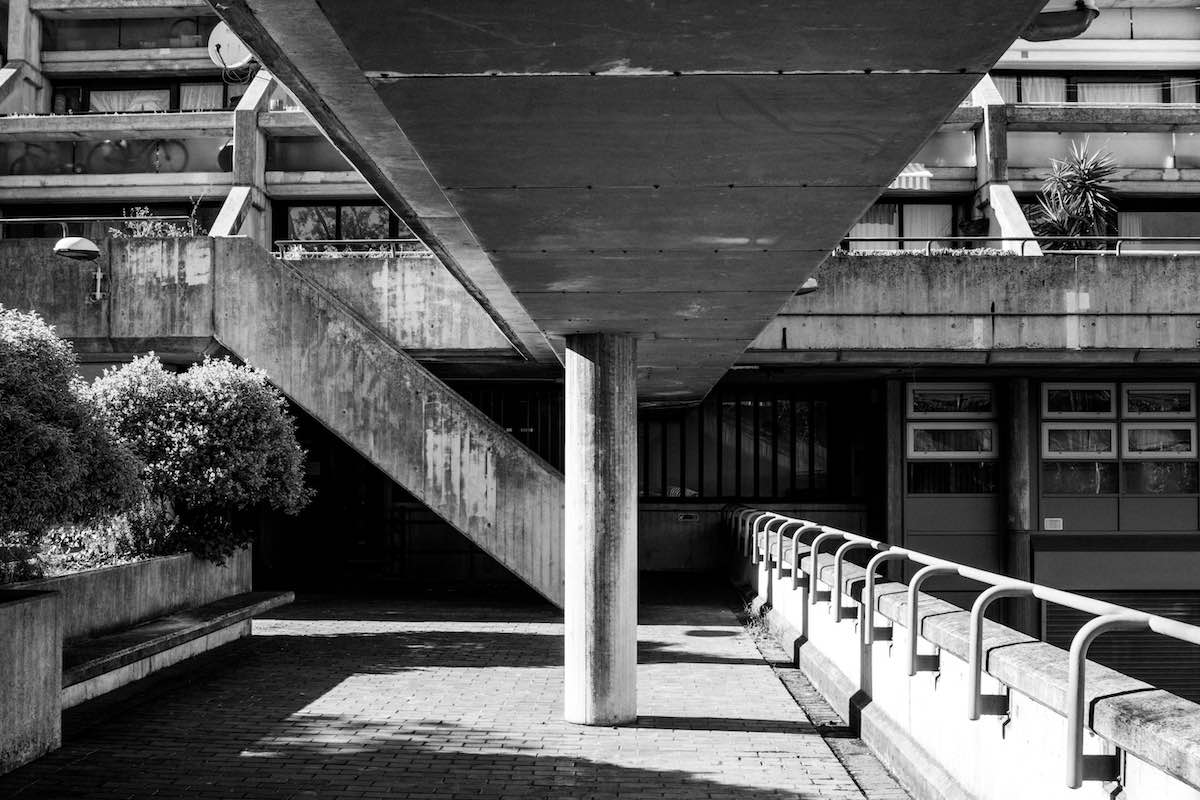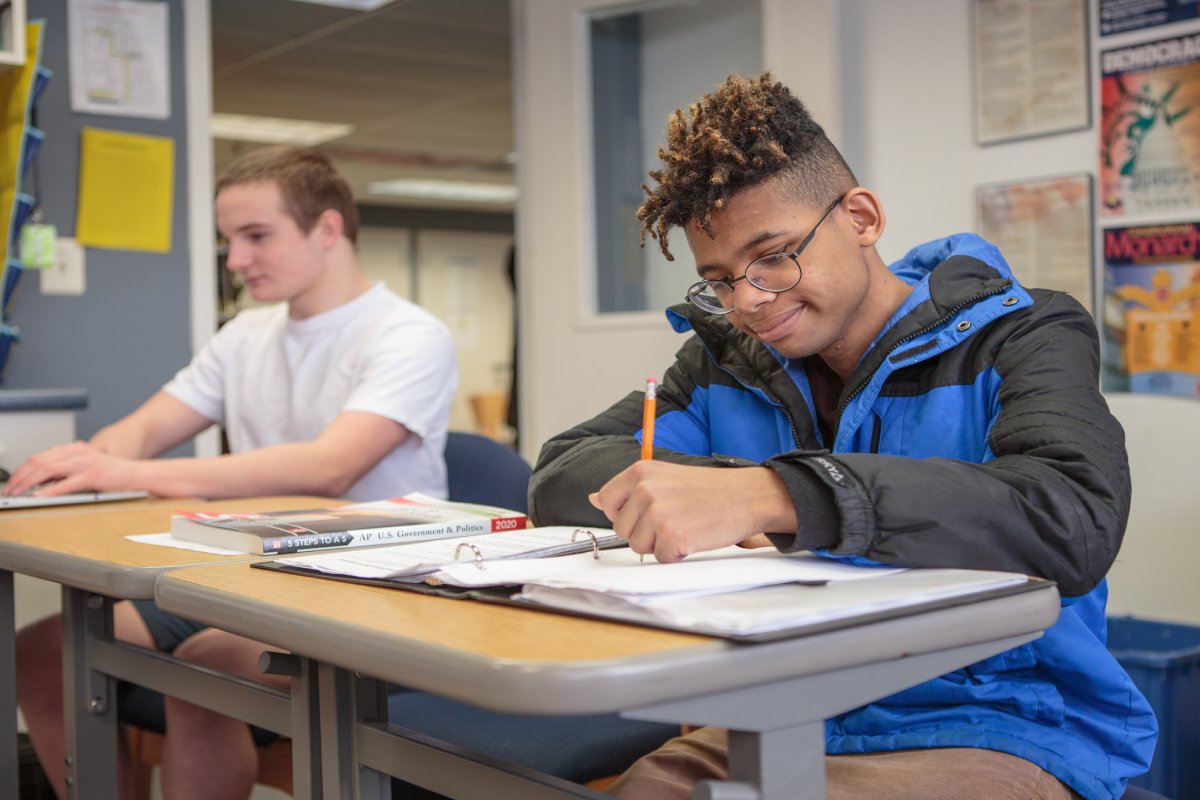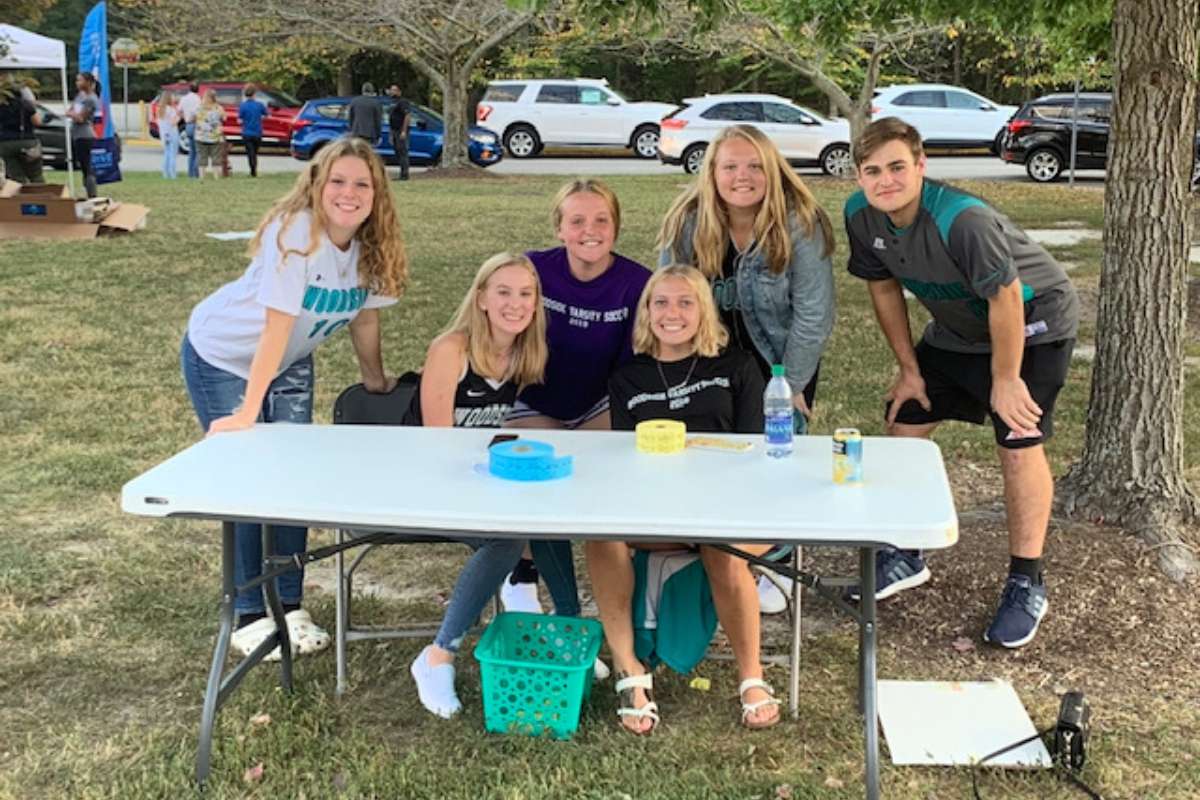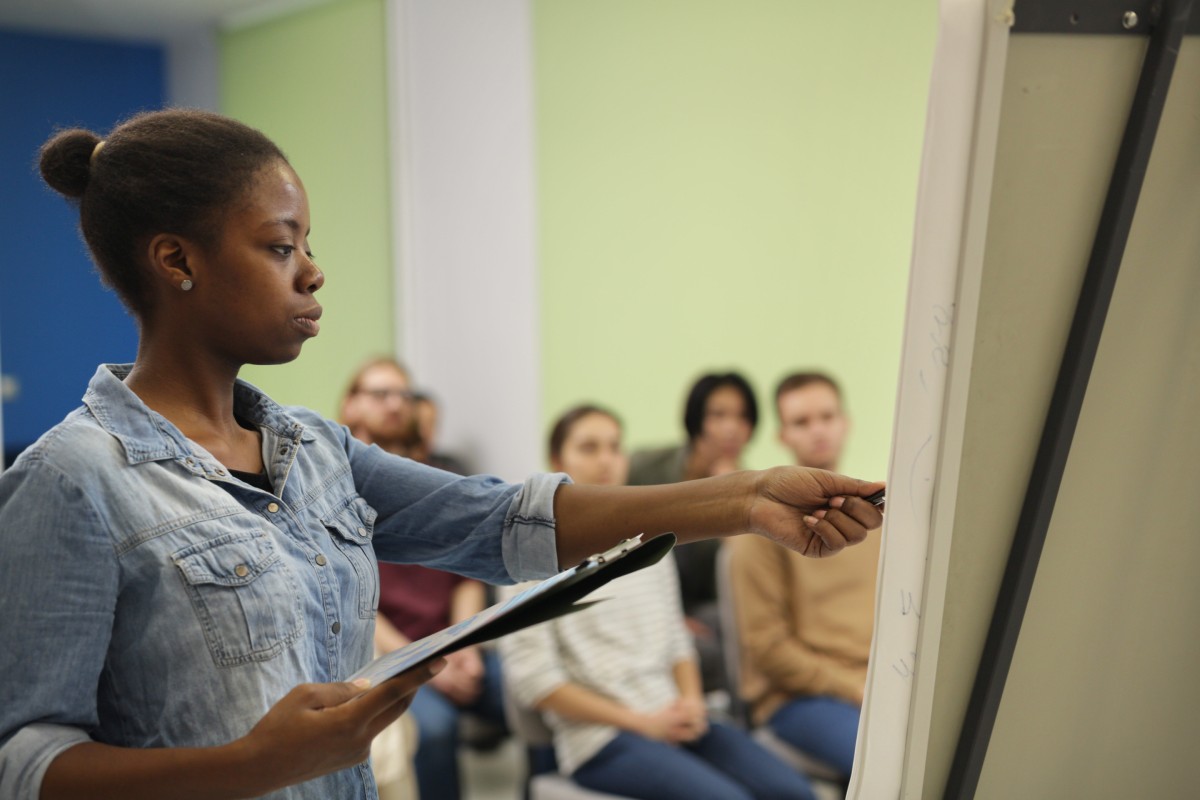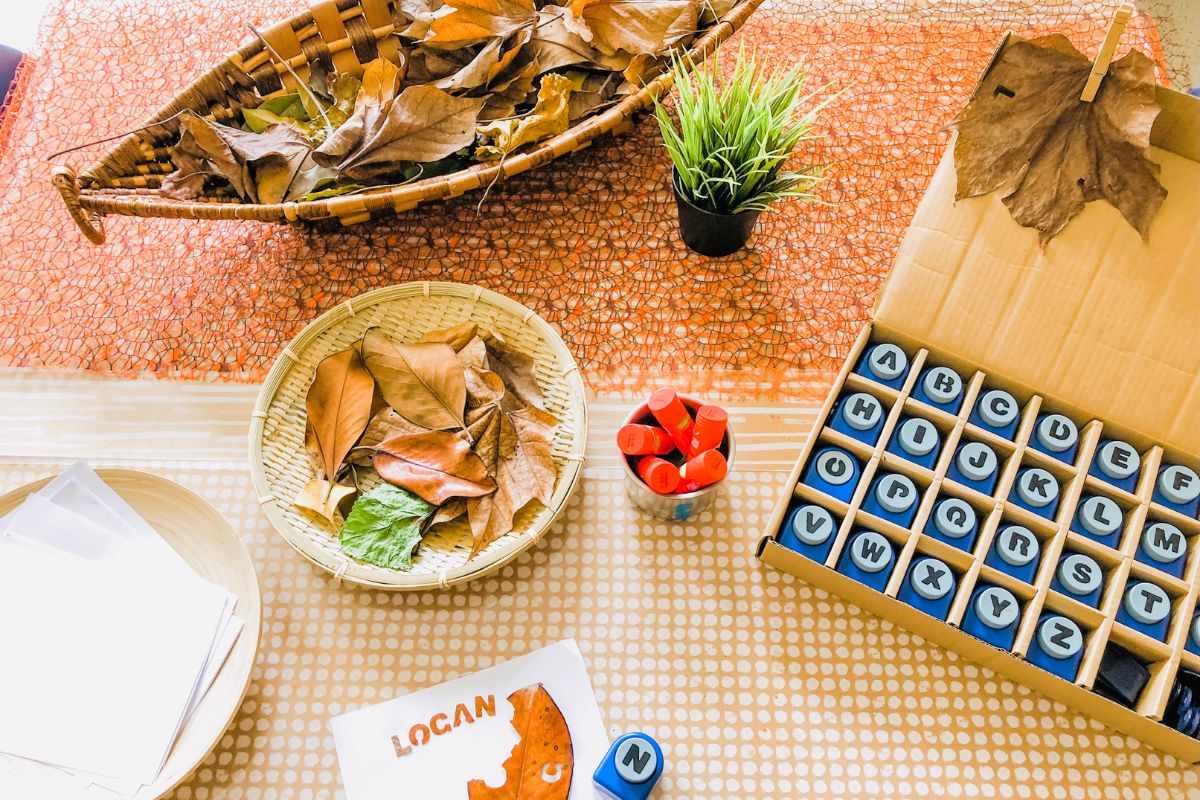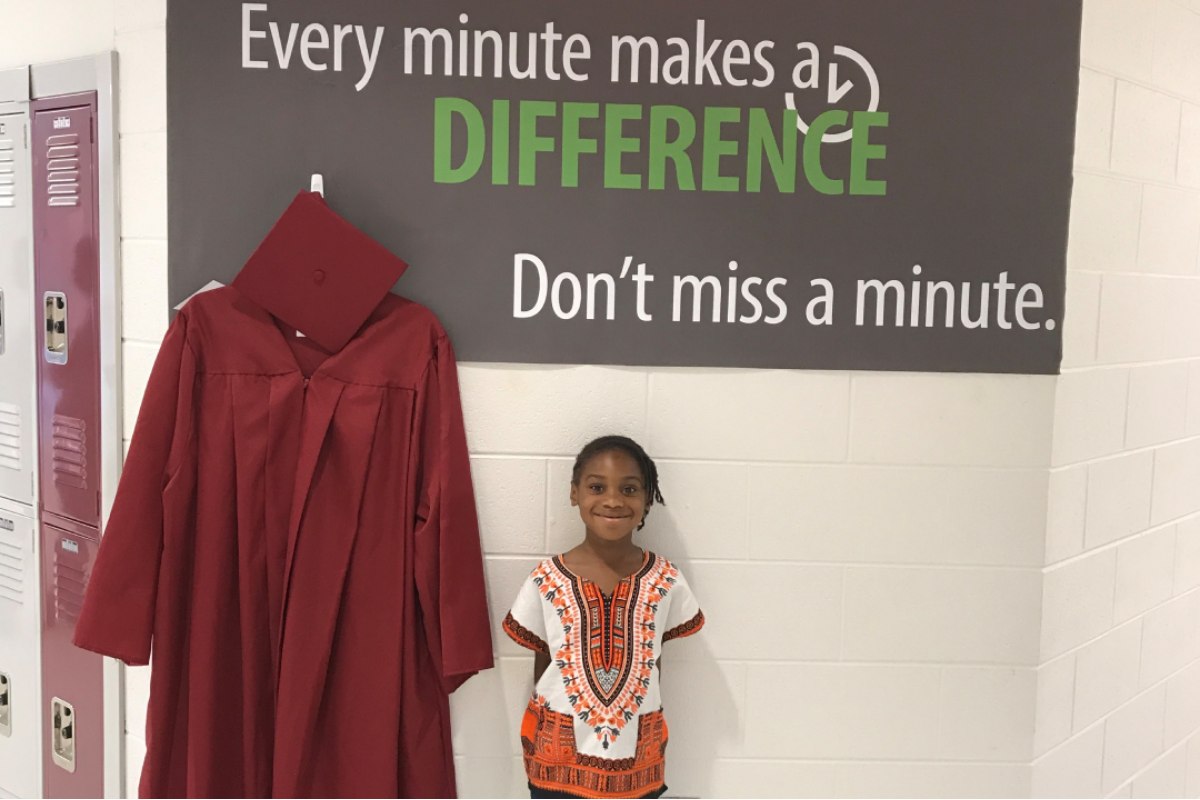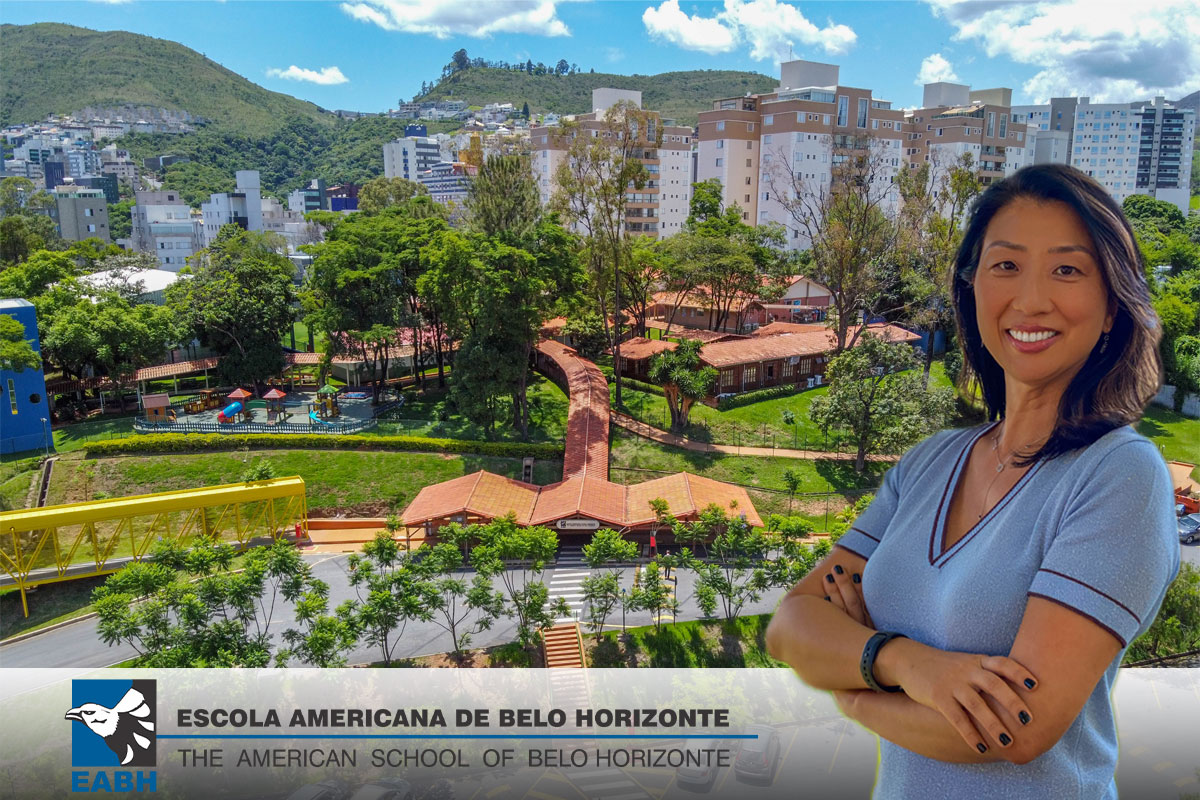Welcoming Students Who are Displaced in Your Community: Traveling to Switzerland
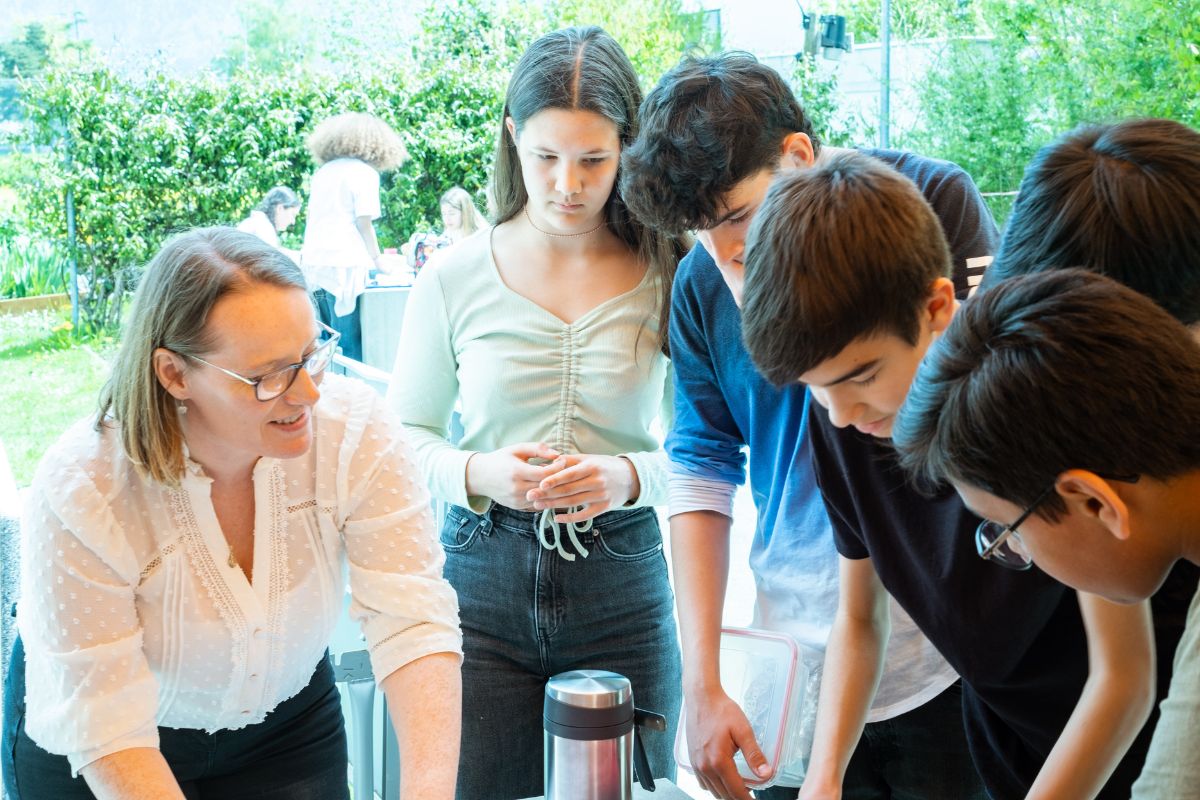
The current historic moments as they unfold in Europe is of utmost importance to show a moment of silence. As we think about the war that is happening today in 2022 as we teach about the importance of maintaining Peace as a global education community. I realize that we as a human race are still learning about the importance of maintaining peace at the core of all our beliefs while accepting differences. Grüezi is the Swiss-German word for hello, or the greeting ‘Gott grüez i’ meaning “may God greet you” to welcome into this journey we are taking to Switzerland.
For this article I focussed on some key questions as to how International School Rheintal, Switzerland supports displaced students entering Switzerland.
1. The opportunity to set up a “Scholarship Program” that your school has started for refugee students/ children who are displaced due to conflict who are entering your country and School specifically tell me more about it?
2. What are the supports that will be set up for all students entering schools to accept what happened in the war, heal and forgive and successfully build a bright future in a peaceful world?
3. Why is Peace Education important in a school no matter where it is situated in the world so children understand the values of respecting differing opinions and differences?
What is a Displaced Student?
It is commonly named as a refugee student or individual who had to leave their country of residence or birth due to war, famine, natural disasters to move and seek residence in another country. These are not times recorded in history but moments of humanity that bring about care to ensure that we are kind as nations to attribute positive outreach during times of crisis.
There is an International UN Day of the Refugee which marks and brings about focus to the importance of maintaining peace education. June 10th of each year is the day to remember, learn and support each other in our world. It is imperative that all countries work together to ensure that we support a global movement in collaborating towards accepting differences and building common understandings towards unity, prosperity and a future built to maintain successful outcomes to address the global food crisis, climate crisis, and ensure self sustainable growth is made towards environmental goals to maintain a healthy ecosystem.
Teaching core values I think are important to respect and value to develop and maintain ties and understanding to the students and communities and have a global perspective and embrace forgiveness and develop a mutual respect and understanding.
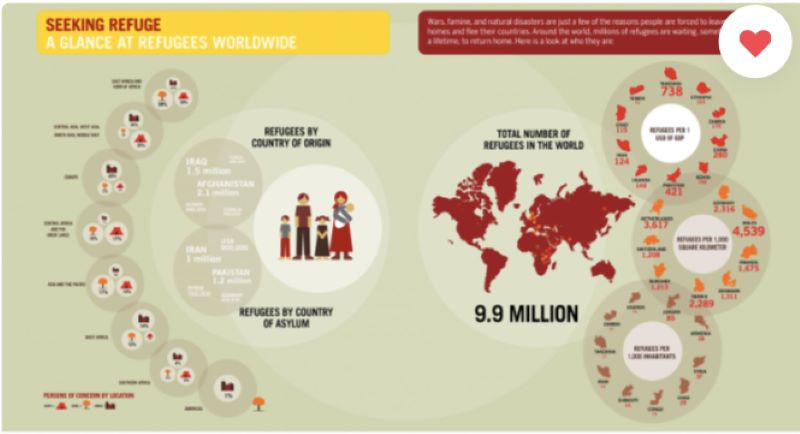
Debunking the Myths
I think reflecting upon internal bias is something that is important since sometimes the world can trigger a negative connotation. I think it is research based evidence that we have to be considering that refugees are a part of our country. Therefore in return a valuable part of society and contribute to making society rich and contribute to our economy as citizens.
I immigrated with my family from Sri Lanka during the civil war to Canada and escaped the generations of people just like me that went through a crisis of terrorism and civil armed conflics. It is something that is very traumatic and living through it as a child, I remember how unstable the community structure can become due to terrorist activities. On the other hand, many immigrants came to Canada and other countries as refugees and were displaced just the same from their homeland where they left behind history, stories, traditions and memories. This article provides me with a unique lens into the eyes of a student going through crisis management to see how a school can offer support nextworks to embrace their learning journey and ensure they are welcomed and are successful. No matter which method of displacement – relocating and starting over is no easy task. It is also an opportunity to gain insight into what went wrong and reconnect with society with that lens that we view the world through understanding the importance of peace in the world.
Maintaining world peace is of the utmost importance since we are sustaining a global impact of productivity and correspondence that goes side to side with developing societies that were colonized and left behind due to biased, racist and unjust perspectives based on skin colour of the human race.
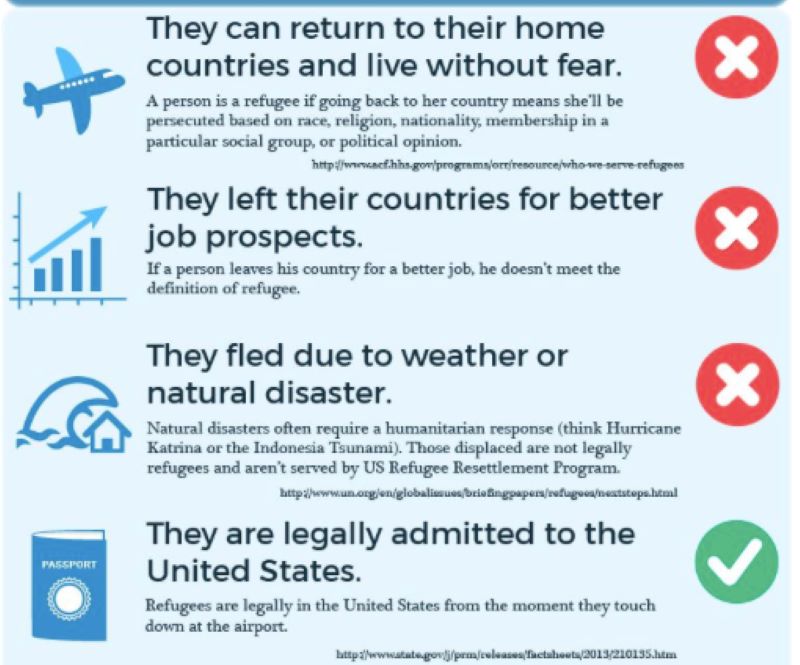
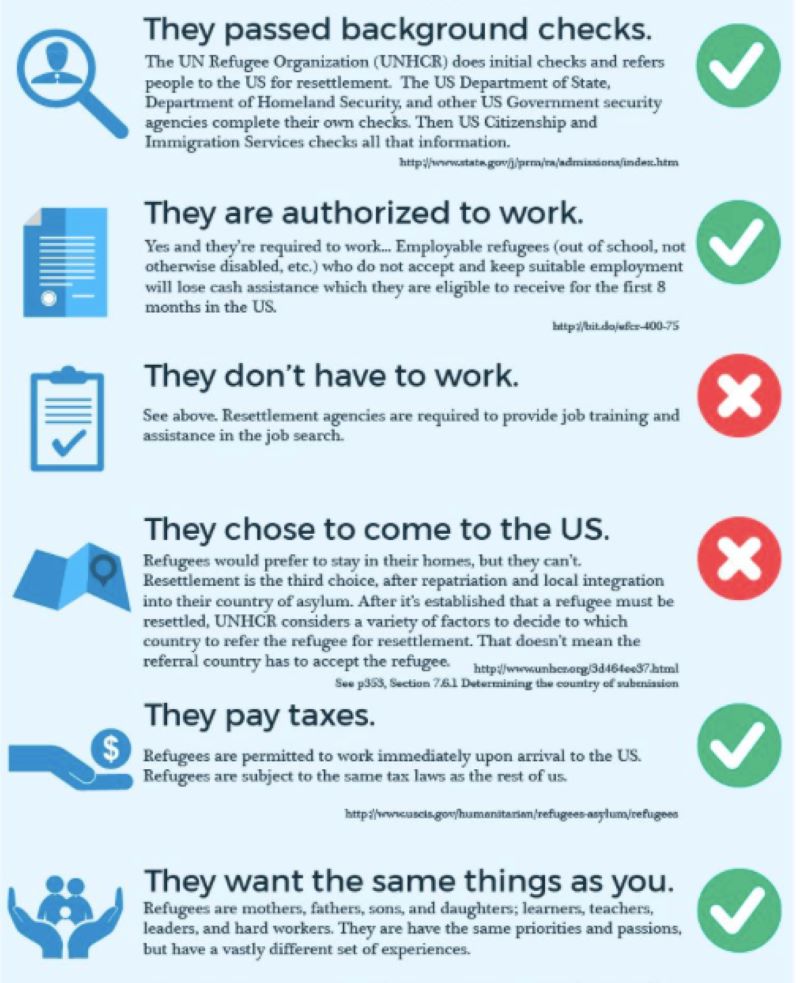
How Refugees are supported in Switzerland
International School Rheintal, Switzerland scholarship program is offered to students. I think it is an excellent example of community based engagement as students have the opportunity to attend school. Currently, welcoming neighboring Ukrainian students.
The Warm, Meaningful Welcome
Liz was super excited about this endeavor to welcome to the school all new students that arrived from the Ukraine who had to leave their country to war. I could feel the warmth as she wrote about what is being done to ensure these students are successful in pursuing education. Liz stated: “ I have attached some photos of our students packing backpacks for the Ukrainian scholarship students. We arranged all school essentials for pens, water bottles to lunch packs and graphic calculators. The ISR students packed the packs for their new peers and wrote notes to each student. It was so lovely.”
The website established for the scholarship program established community connection so that others can contribute towards educational goals.
The International School Rheintal’s mission and vision statement aligns with the work that they are currently doing: first to be socially responsible and secondly to be a global citizenship minded school. Liz states: “When war began in Ukraine, we felt a duty of care to contribute in a way that was sustainable and would make a significant difference. As we are merely twelve hours form the Ukraine border, we started to see refugees coming into Poland, Germany, Austria and us on the Easter border of Switzerland.”
History in Switzerland in education has many examples of assimilating young people into its excellent Swiss German education system.
Community Collaboration for Substituting Educational Funding
Liz as the director of the school considers the importance of keeping these newcomer students on track via the International Baccalaureate (IB) Diploma Programme where students study their first language, Ukrainian, alongside English and a host of IB subjects. We are experienced in working with English Additional Language (EAL) students and knew that we such students could thrive here. Since the school is a non profit school in order to pay for the student places local collaboration and partnership began in the community.
We have worked with the Hilti Family Foundation Liechtenstein and other foundations in the region to raise over 700k CHF, which will see nine Ukrainian refugee (S permit protected status) students come to our school for the duration of their education, and during this phase where they cannot return home. This is living our mission in action and we are proud to have been able to raise the funds, through the commitment our partners have shown, to offer the pathway for these students.
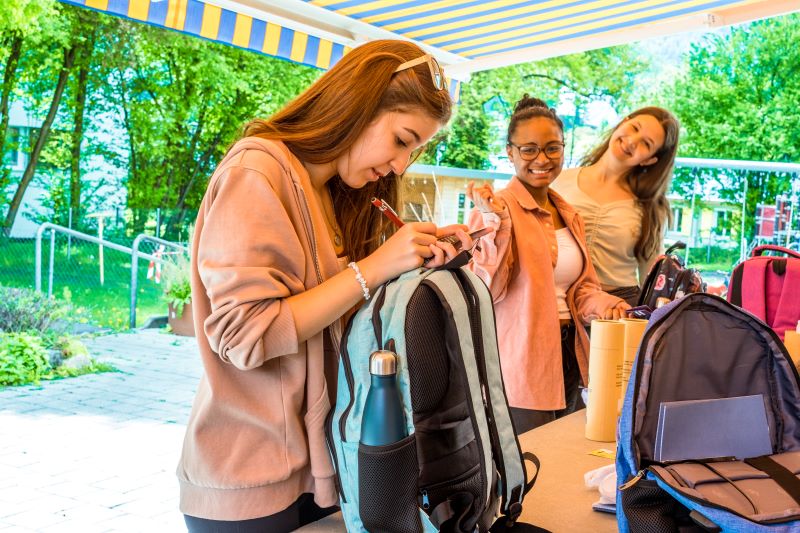
Considering Accommodations into Academic Pathways
I think it is almost imperative to consider student success rates in academics and set up programming to ensure all students no matter which grade they enter the school are able to reach their full potential.
Changes can be considered potentially to level the playing field for non English language speakers since they should not be streamlined away from Academics since they are learning a language- academic modification will be what can ensure that they have the same opportunities to attain their University or College diploma to get into the field of study that they want.
The current practice which can be examined involves: Academic students in Grades 10+ would originally enter the Gymnasium and would be on-track for a university career. However, the refugees coming in at this age mainly had Ukrainian, Russian and English as their main languages. To meet the gymnasium requirement in German, students would have to take a break in their education or would have to accept a vocational route that could limit their potential for a university career. Languages seen as assets through a lens that is positive will help us all establish accommodations required rather than streamlining, I think, as educational institutions.
“We also know that while university is certainly not the only route, it is a route that should be open to those Ukrainian students that were on-track for this education. There is a whole generation of graduates that could be lost, and these are frequently the country makers of the future; lawyers, doctors, diplomats. engineers and tech innovators.” states Liz. Opening the opportunities, educational pathway options, and choices that are available to all students to reach their potential will get them through the transition period of changing homelands, understanding cultural differences and achieving their academic success with positive relationships that they are building. What a wonderful opportunity to take the “road less traveled” that most immigrant and refugee students have to undertake when they leave behind their homeland and start over, really start over to build a home in their new home country to make it home. This is truly where the peace education process begins and continues for generations to come that starts with forgiveness and long lasting reconciliation.
I would like to thank the following educational professional for their time and contributions in making this article possible: Ms. Liz Free, Director of the International School Rheintal
https://www.mhinnovation.net/resources/infographic-marking-world-refugee-day-2019-5-key-resources
https://visual.ly/community/Infographics/environment/seeking-refuge-glance-refugees-worldwide
https://www.pinterest.ca/pin/271060471300549003/?mt=login

